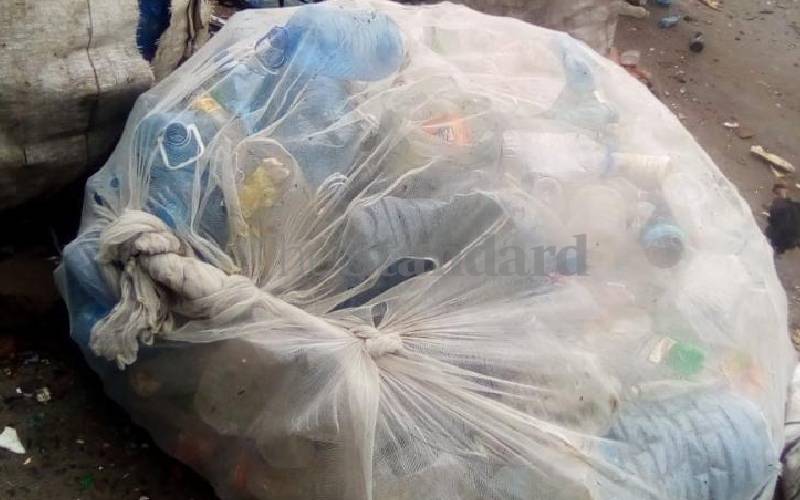×
The Standard e-Paper
Smart Minds Choose Us

Plastic waste. [Phares Mutembei, Standard]
The world is living in a state of multiple crises; climate crisis, plastic crisis, health crisis and social crisis. Today, globalisation connects almost every part of the planet through a series of well-established trade routes. This presents us with great opportunities to collaborate and enable meaningful cooperation to address most of these challenges that we are faced with.